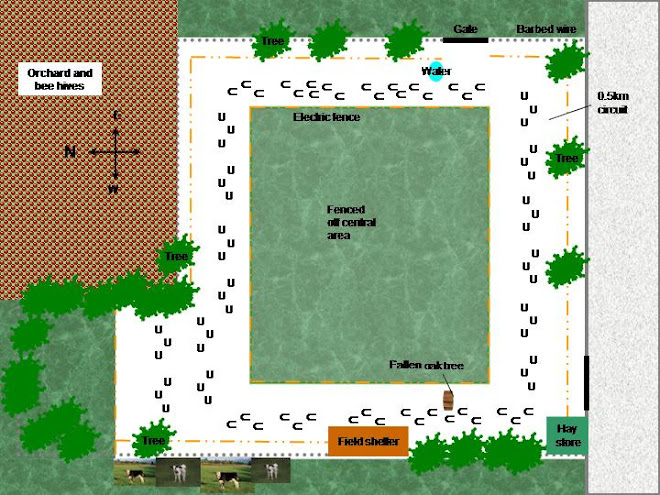I have come to the conclusion that there isn't really a 'best' time. It all depends on the horse, the carer and the circumstances.
If you have a 'metabolic' horse, when the shoes come off you may find a stretched white line, maybe a thin sole and a fair bit of thrush. If you were previously unaware of these issues it can be a bit of a shock and it takes time to absorb the information and then adjust to managing the consequences. It is easier to transition metabolic horses when there are the least amount of triggers around. High summer or mid winter maybe.
Thin soles can struggle over hard, rutted or stony ground until they are restored to greater health, thickness and function. But equally a horse prone to thrush is going to struggle with fetlock deep mud 24/7. Not that it wouldn't be a problem with shoes on, it would, but it is more noticeable when the shoes are off.
These are just two of the reasons that your trimmer might recommend boots for the transition period. So that you can keep a horse with compromised feet working, while you work on getting them better. And as movement helps a lot, then it helps to fit boots if necessary to keep the movement going. It is no good working a horse that is miserable. You want to work your horse within their comfort zone.
Then think about you too, when you do your first barefoot transition it helps if you are mentally and practically prepared. For some, the hostility encountered from well intentioned traditionalists is surprising and a bit hard to take. So do your research and make sure you have some support from somewhere. You will be taking your horse bare for good reasons which you have thought through carefully, so write your reasons down somewhere, so you can remind yourself if the going gets tough.
Probably not a good idea to embark on the transition process just before competition season though. Unless like me you gave up competing years ago (I so hate dressing up). Transitioning your horse doesn't mean you have to necessarily give up riding, but your horse may need boots and she may need her work programme tailored for hoof building purposes. Boots go down like lead balloons in competition, so get your horse transitioned well in advance of any competitive activities. Then you can proudly do your lap of honour 'naked' and not have to worry about losing a shoe the day before.
And remember, I tend to talk 'worst case' scenarios, some horses have their shoes off and barely notice. Some skip, buck and grin with joy. One got very 'fresh' - mistaking the foot care for foot fetish........ :-)






